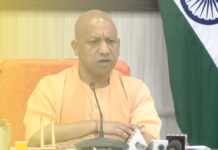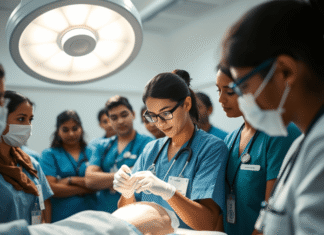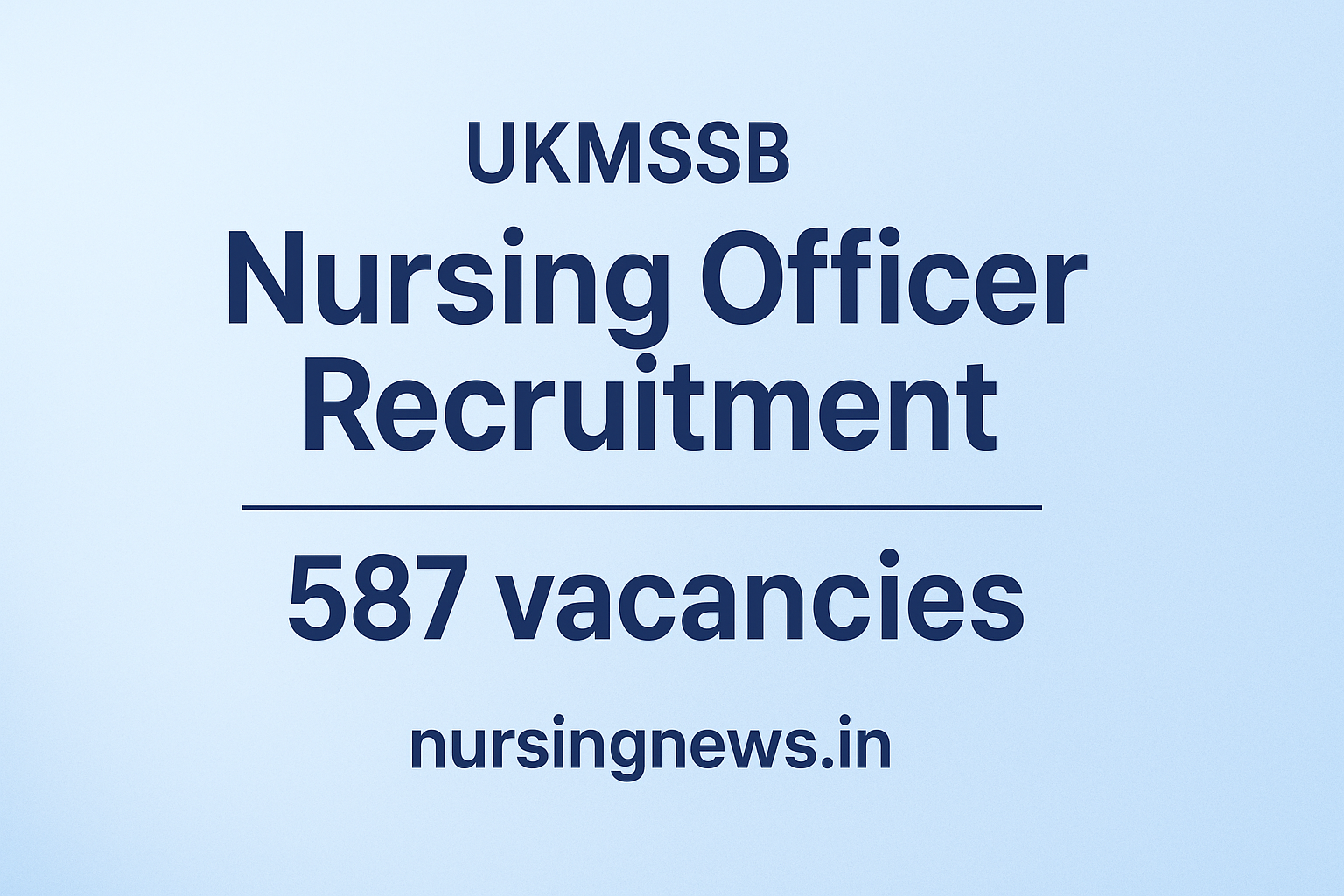Tamil Nadu government led by AIADMK’s Edappadi K. Palaniswami issued a Government Order enforcing implementation of 7.5% horizontal reservation for government school students who have qualified National Eligibility-cum-Entrance Test (NEET) to get themselves enrolled into the UG medical, dental, and other courses like BAMS, BSMS, BHMS, and BUMS from the academic year 2020-21.
Doing so, the TN’s ruling party ragged on the Governor Banwarilal Purohit who while exercising his power under Article 200 of the Indian Constitution, withheld his assent to the bill and called for a time of three to four weeks by writing to the opposition (DMK) leader M.K. Stalin who was trying to fish in the troubled waters.

The Bill was unanimously passed in TN’s Legislative Assembly on 15th September 2020 after a voice vote conducted by the Speaker P. Dhanpal. It aims to accord a 7.5% horizontal reservation to the students who have studied in state-run schools from Class VI to Higher Secondary Course. The bill also applies to the students who studied in private schools till Class VIII under RTE (Right to Education) act, 2009 and then, got enrolled in government schools from Classes IX to XII. This reservation will be provided in each category of 69% vertical reservation for the state quota seats in all Government medical colleges. It would not be applicable to seats reserved for all India quota.
The bill was passed on the recommendation of a committee headed by retired Madras HC Justice P. Kalaiyasaran, who was looking into the matter of inadequate number of government school students appearing for NEET and exhorted the government to reserve 10% seats for them.
Related News:
According to the government, this affirmative action (under the Article 162 of the constitution which conferred on them the executive power to do so) was incumbent as the result for NEET 2020 has come out and the counselling process couldn’t start without the governor’s nod for the same. On the other hand, the governor B. Purohit filled in the ministers on his seeking a legal opinion from Delhi lawyers on NEET quota reservation bill.
The executive order urged the government colleges to add 50 seats. Now, there are 26 state-run medical institutions with 3300 seats and around 15 self- financing institutions with nearly 2100 seats. In addition to this, there are around 1800 seats in the other universities as well.












